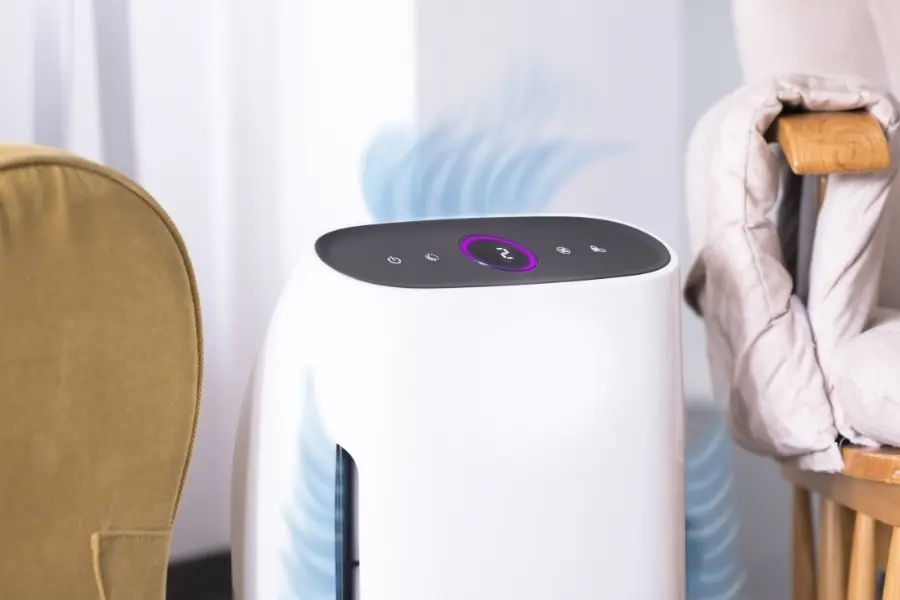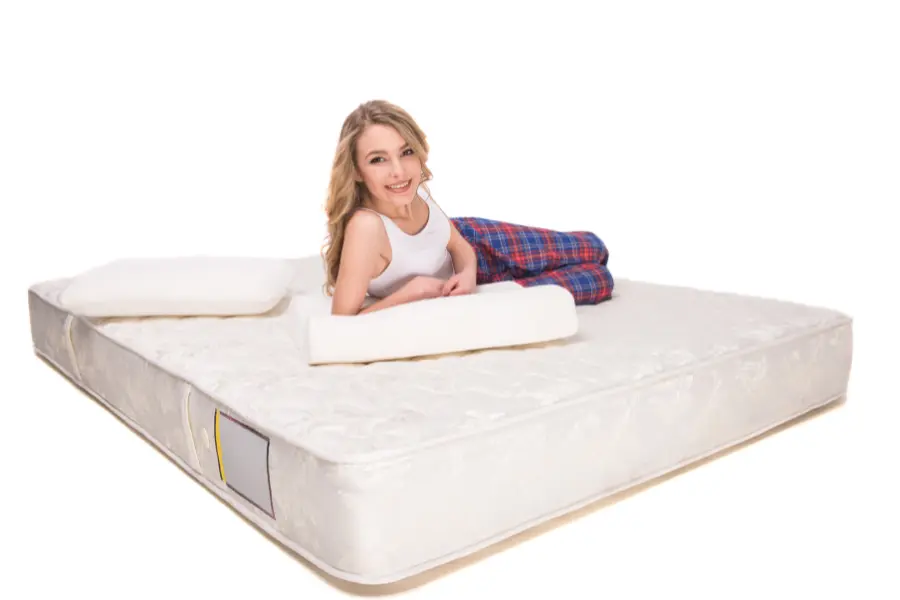It’s important to ensure that the air you’re breathing is clean and safe. That’s why an investment in an air purifier is a smart choice for every home. An air purifier can make your home’s air healthier and fresher, as well as help to reduce allergens and other airborne contaminants.
With so many different kinds of Best Selling air purifiers available, however, it can be difficult to decide which is the best option for your home.
Consider Room Size
When selecting an air purifier for your home, the size of the room you plan to place it in is an important consideration. Generally, air purifiers are categorized by their recommended room size, which is usually measured in square feet.
If you purchase a unit too small for your room, it won’t be able to clean the air properly. Conversely, if you purchase a unit too large, it will be less effective than it should be.
To determine the size of the unit you need, measure your room and consult the manufacturer’s guidelines to see which size of purifier is right for your space.
Identify Pollutants You Need to Remove
The next step in choosing the best air purifier for your home is to identify the pollutants you need to remove. There are several types of airborne pollutants that can cause health problems, including dust, pollen, pet dander, mold, and smoke.
If you suffer from allergies, asthma, or other respiratory issues, you may need to choose a purifier that can remove specific allergens and irritants. Many purifiers are designed to remove a wide range of airborne pollutants, so review the product specifications to find the one that’s right for your needs.
Select the Right Type of Air Purifier
The third step to choosing the best air purifier for your home is to select the right type. There are several types of air purifiers available, such as HEPA filters, electrostatic precipitators, ozone purifiers, and activated carbon filters.
Each type is designed to filter different types of pollutants, so it’s important to select the one that’s best suited for your needs.
HEPA filters are designed for homes with allergies, as they are effective at trapping dust, pollen, and other airborne particles.
Electrostatic precipitators are best for homes with smoke or chemical odors, as they are designed to trap smoke particles.
Ozone purifiers are best for homes with pet odors since they effectively remove odors from the air. Finally, activated carbon filters are the most versatile, as they can effectively trap a wide range of pollutants.
Check Noise Levels
When considering the best air purifier for your home, there are a few important factors to keep in mind. Fourth and foremost, it is important to check the noise level of any air purifier before making a purchase.
Unfortunately, many air purifiers can be quite loud and disruptive, so you should be sure to find one that has a noise level that won’t make it difficult to have conversations, watch TV, or sleep peacefully.
The noise level is usually measured in decibels, and you can find this information in the specifications of the product.
Look For Added Features
When shopping for the best air purifier for your home, always look for added features. Look for features such as a timer or an air-quality indicator, as they can increase the efficiency of the air purifier.
Additionally, some air purifiers come with built-in ionizers, which help to eliminate bad odors. Also, check for noise-control features, as some air purifiers can be quite loud.
Finally, if your home has large open spaces, look for a purifier with a large coverage area. All of these features can be beneficial and help to ensure that the air in your home is clean and healthy.
Compare Energy Usage Ratings
When shopping for an air purifier, it’s important to compare energy usage ratings. A purifier with a high energy rating might be more expensive to run, so it’s important to take this into consideration.
Look for purifiers with Energy Star ratings, which indicate that it meets or exceeds government standards for energy efficiency.
Additionally, compare the wattage or the amount of electricity the purifier uses. The lower the wattage, the less electricity it will use.
Lastly, consider how often you’ll need to replace the filters, as this could add to the long-term cost of running the machine.
Check for Filter Replacement Costs
After you’ve narrowed your search to the air purifiers that meet all your needs, it’s important to check for filter replacement costs.
Air purifiers with replaceable filters can be much more expensive in the long run than those with permanent filters.
Before committing to an air purifier, make sure you understand how often and how much the filter replacements will cost you.
Some air purifiers may even require special filters that can only be purchased directly from the manufacturer or a select reseller, so be sure to factor that into your decision.
Read Reviews and Ask Around for Recommendations
Once you’ve narrowed down your list of potential air purifiers, it’s time to do some research. Start by reading reviews from experts and customers.
Look for both positive and negative reviews in order to get an accurate picture of the air purifier’s performance.
Don’t forget to take into account the size of the room where the air purifier will be used, as this will affect its performance.
Next, ask around for recommendations from family, friends, and colleagues who have used air purifiers before. They may be able to provide tips and advice based on their own personal experiences.
Finally, don’t be afraid to contact the manufacturers directly to ask questions about the air purifier’s capacity, noise level, filter replacement costs, and warranties.
In conclusion, selecting an air purifier for your home is an important decision. Take the time to research the different types of air purifiers available and their features to ensure that the model you choose is right for your specific needs.
Consider the size of the room, the type of air pollutants you need to remove, the cost and noise level of the unit, as well as its filter replacement frequency and cost. Ultimately, you want to choose an air purifier that fits your budget, is quiet and efficient, and can effectively clean the air in your home.




